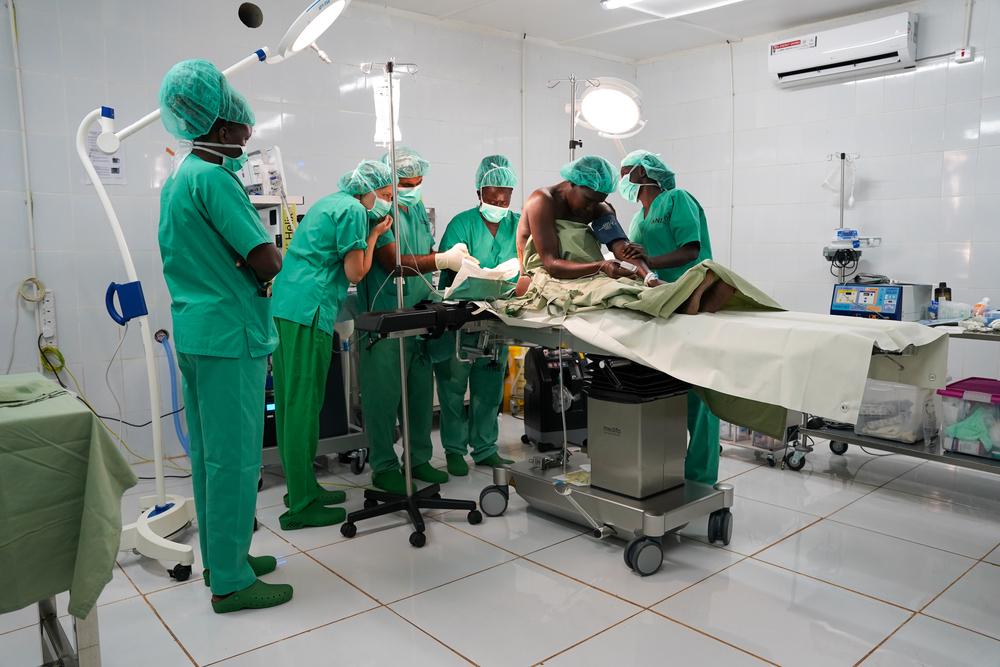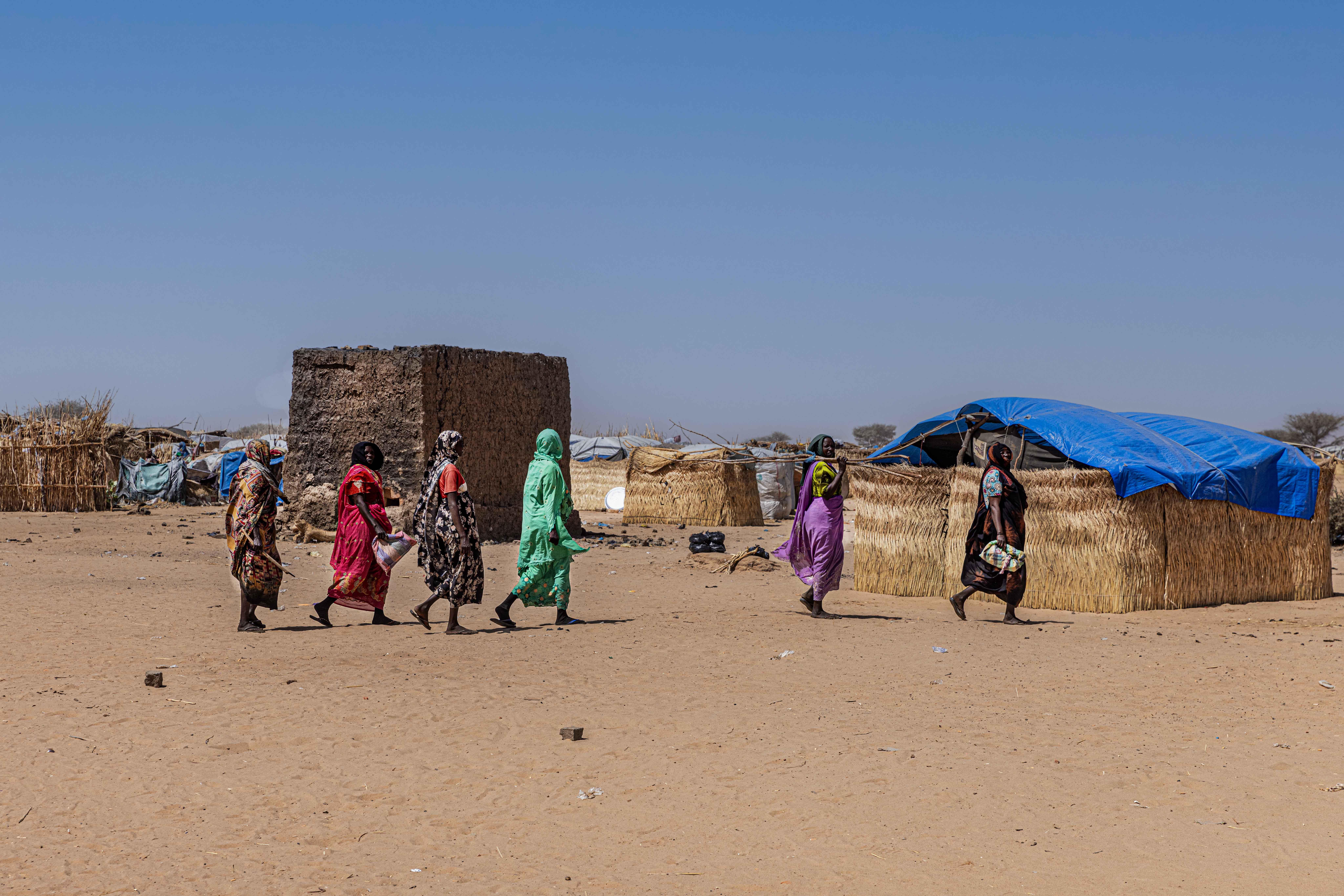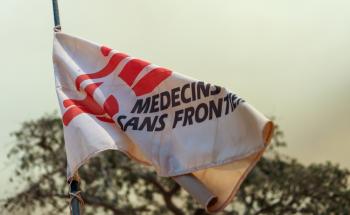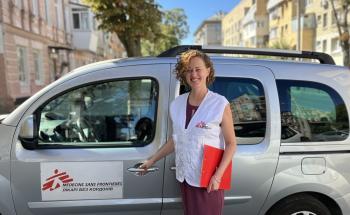Saving lives using surgery in South Sudan
By Martín Sosa, MSF Surgeon
Dear supporter
Every year, our medical teams around the world carry out tens of thousands of surgical operations – not only for war wounds or trauma injuries sustained in natural disasters, but also for women experiencing complications in labour, children who need facial reconstructive surgery after recovering from the deadly disease noma, and many other kinds of surgical procedures where people's lives depend on an urgent intervention.
I have been working as a surgeon with Doctors Without Borders (MSF) for more than 12 years. When I was working in MSF’s hospital in Leer, South Sudan, we received 27 people in the space of one day – all injured in an outbreak of violence. For three days in a row, we were carrying out surgery non-stop; we managed to save the lives of 26 of them.
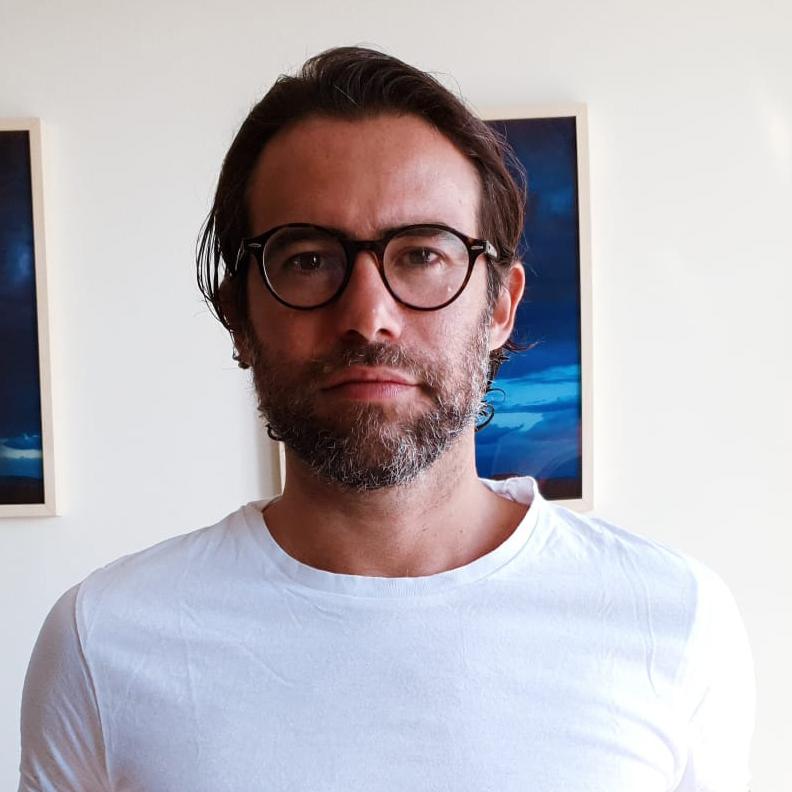
Providing surgery to war-wounded patients
Carrying out so many surgical operations in such a short time was only possible because we had the specialist staff, medical supplies, and infrastructure we needed. It was also thanks to the preparation and training received by the locally recruited health team, who were able to stabilise the wounded, prioritise urgent cases to go into the operating theatre, and provide proper care for patients during the post-operative period. All of this was only possible because of the support of people like you.
On another occasion, working in Yemen, I had to perform emergency surgery on a child whose bones had been shattered when a mine exploded in his hand. We were able to save his life, but not his hand. A few days later, his brother gave me a picture he had drawn – which I still have – and asked if I could transplant some of his fingers onto his wounded brother, as he had plenty to spare. If only it was that easy to help people who have lost a hand or a limb.
In Jordan, MSF runs a hospital dedicated to providing reconstructive surgery for victims of conflict, which, when combined with physiotherapy, helps to restore functionality and mobility to injured people.
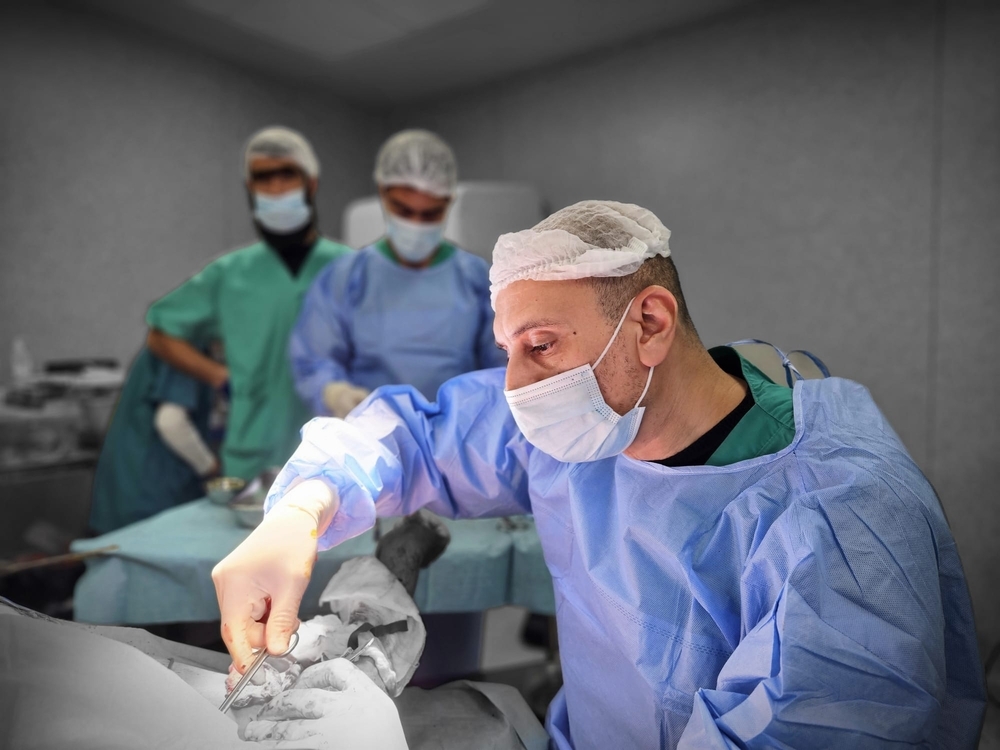
Surgical operations in Nasser Hospital, Gaza.
Proving maternal healthcare in conflict situations
Most of our medical projects include obstetric surgery, to prevent or treat life-threatening complications during pregnancy. Caesareans, along with appendicitis operations and fracture reductions, are the three most common types of surgery in the places in which we work.
In war zones, in the aftermath of a natural disaster, or when an epidemic or famine strikes, babies are still born, accidents still happen and emergency surgery is still needed. This is why a priority task for all of our surgical teams is training locally-recruited staff to deal with these three situations.
Unfortunately, we have found that, in many places where we work, the demand for lifesaving surgical care is increasing year on year, mainly because of the fragility of their health systems.
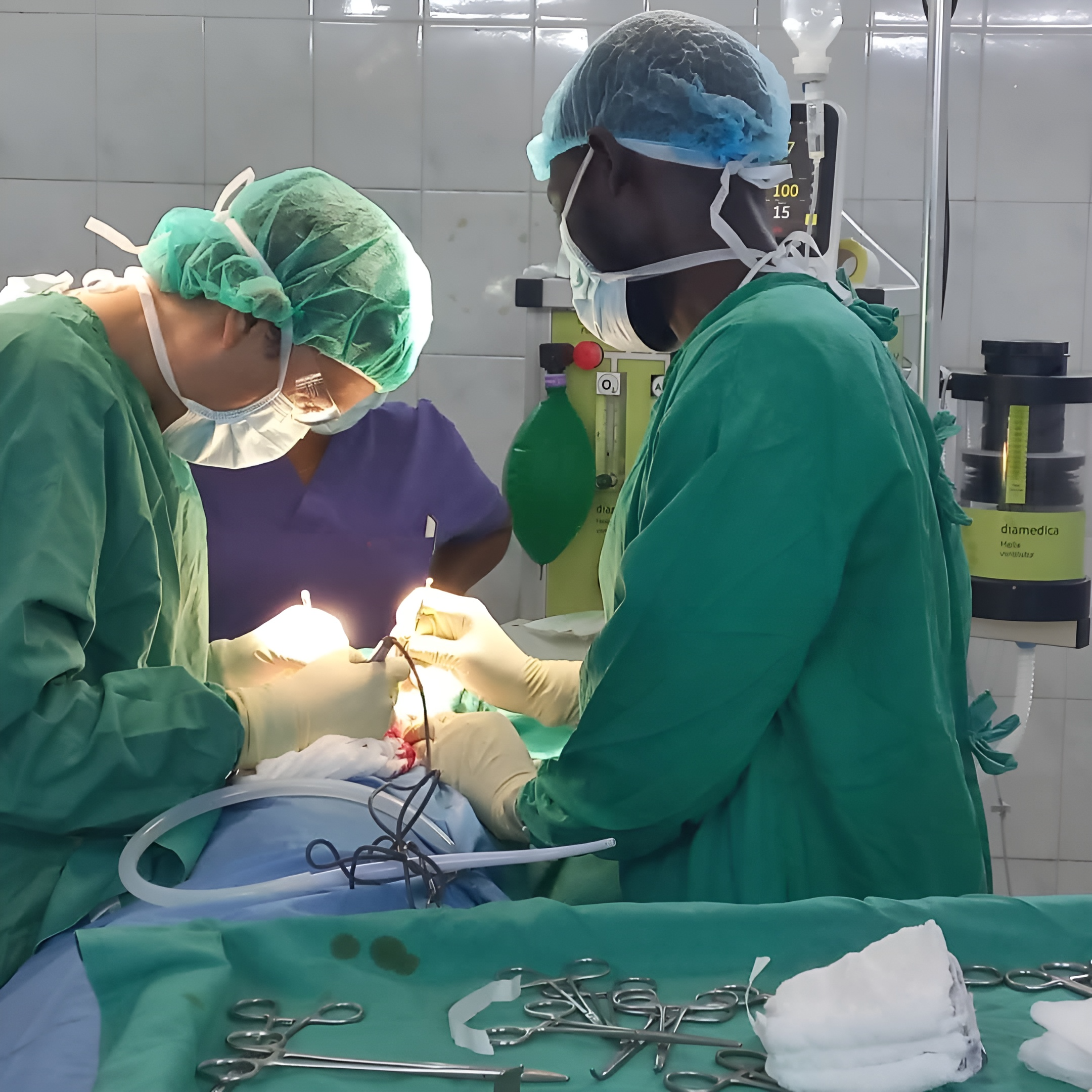
Offering high-quality surgical services to patients with no access to healthcare
We are committed to continue offering high-quality surgical services to the many thousands of people who have no alternative. As well as helping to save lives, surgery contributes to preserving people's dignity and giving them hope.
Our surgical kits contain all the instruments and equipment needed to get surgical activities up and running immediately in any environment. We also have inflatable operating theatres and
operating theatre tents that allow us to start treating injured people in a matter of hours in situations where hospitals have been damaged or destroyed.
In my 12 years providing vital surgical care with MSF, one thing has become clear: we can't operate without you. Thank you.
Best wishes
Martín Sosa
MSF surgeon
